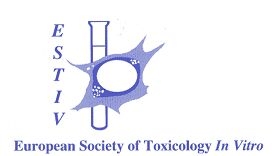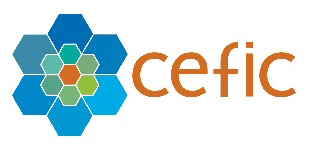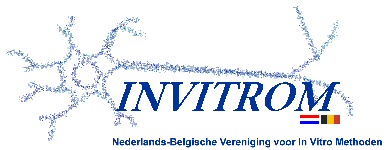Environment, Health and Safety (EHS)
Alternative testing:
the future for safety testing
Toxicity testing is approaching the frontier of innovation while meeting the societal demand for reliable information on hazards of chemicals which are present in our environment and in consumer products. Important drivers are EC regulations such as the Directive for Registration, Evaluation and Authorization of Chemicals, which requests producers and importers of chemicals in volumes of 1 ton or more per year — around 30.000 substances — to test and evaluate them. One of the objectives of the new chemical policy is reduction of the use of animals by stimulating alternative test methods. The 7th amendment of the Council Directive relating to cosmetic products requests a ban on animal testing for finished cosmetic products and cosmetic ingredients from 2009 on for all human health effects except for repeated-dose toxicity, reproductive toxicity and toxicokinetics for which animal tests should be banned after 2013. Development of alternatives to animal testing, the validation and international adoption of harmonised methods is under high pressure. Besides attributing to the policy objectives, in vitro methods will also play a major role under the future chemicals policy by accelerating testing, rendering it more efficient but they may also offer better science.
Recent advances in toxicogenomics, bioinformatics, systems biology, epigenetics, and computational toxicology have the potential to transform toxicity testing from a system based on whole animal testing to one founded primarily on in vitro methods that evaluate changes in biologic processes using cells, cell lines, or cellular components, preferably of human origin.
Our workshop aims to be a forum where novel test methods, test strategies and further challenges will be presented and discussed in the presence of major stakeholders.
Theme 1: Targeted toxicity testing
Insights in toxicity pathways and the use of target organ specific cell and tissue culture models have allowed development and validation of new in vitro assays which have the potential to replace animal testing for specific endpoints. This whole day session will focus on developments and state of the art . We invite in vitro toxicologists to present their approach and experience with novel in vitro test systems and alternatives for skin and eye irritation, sensitisation, use of metabolic systems, endocrine disruption, reproduction and developmental toxicity, neurotoxicity, livertoxicity , ecotoxicity.
Theme 2: Implemented test strategies in pharmaceutical, cosmetic and chemical product safety assessment
Complete replacement of animal testing has still a challenging way to go. Current testing strategies may incorporate different tools such as in vitro techniques in combination with computational toxicology, structure activity analysis and animal based tests. Safety assessors are invited to present and discuss their approaches and views on this topic.
Theme 3: The Regulatory Arena: challenges in method acceptance
Despite technical advances, acceptance of alternative methods is a slow and complex procedure with many pitfalls. The complexity of the human body, the diversity of endpoints and approaches, the need for harmonisation of acceptance criteria for alternative tests remain major challenges. Different organisations play a major role in putting forward harmonisation of protocols, validation of methods and stimulating further developments of alternatives. They are invited to present their views and experiences.
Theme 4: Industrial Centres of Excellence in in vitro services: Who does what?
This session will highlight initiatives of services for in vitro testing and the experience which has been gained over the last years on the use of alternatives for safety testing.
Members of the Scientific Advisory Board
- Bart De Wever, Director Business Development, CARDAM (BE)
- Vera Rogiers, Head of the department of Toxicology, Dermato-Cosmetology and Pharmacognosy VUB (BE)
- Klausrudolf Schroeder, Phenion GmbH & Co. KG, Head of Development Animal Alternatives & Tissue Models – Düsseldorf (DE)
- Greet Schoeters, Head of Research unit of Environmental Toxicology of VITO and Prof at University of Antwerp (BE)
- Philippe Vanparys , Head of Mechanistic Toxicology, Johnson&Johnson Pharmaceutical Research and Development (BE)
- Hilda Witters, Project Manager Environmental Toxicology of VITO (BE)
Partnership
- ECOPA
- ESTIV
- IVTIP
- INVITROM




